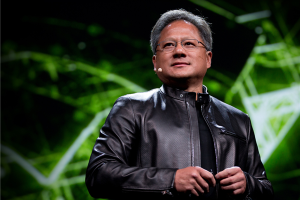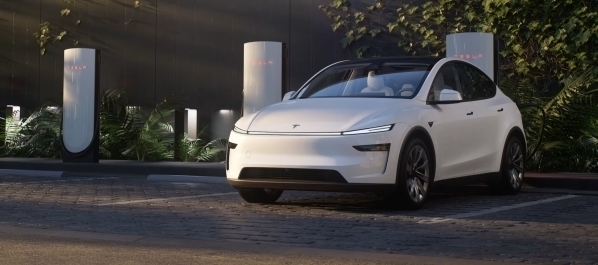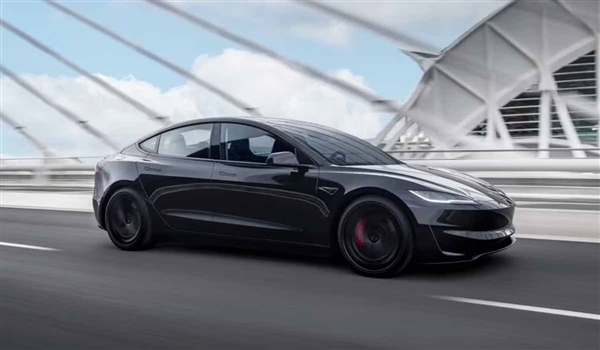December 6, 2024 – According to electric vehicle analyst Sawyer Merritt, quoting Tesla’s chief engineer EricE, the overall design of Tesla’s upcoming driverless taxi, the Cybercab, has undergone significant optimization.
It is reported that the Cybercab boasts a remarkable reduction in component count, with approximately 50% fewer parts compared to the Model 3 and a stunning 60% reduction in body structure components relative to the Model Y. This lean design philosophy positions the Cybercab as potentially one of Tesla’s most streamlined vehicles.
The decrease in parts count can be attributed to two primary factors: first, Tesla’s continuous advancements in manufacturing techniques, such as the implementation of Giga Casting (a large-scale die-casting technology); and second, a shift towards modular and minimalist vehicle design. This simplification not only promises to cut manufacturing costs but also enhance production efficiency while minimizing potential quality issues.

Previously, during an October event, Elon Musk revealed that the Tesla Cybercab is expected to cost less than $30,000 and is slated for production in 2026. Musk emphasized that the vast majority of Tesla’s vehicles, numbering around 7 million, are already equipped to support autonomous driving. He highlighted that Tesla is currently manufacturing approximately 35,000 self-driving cars per week, dwarfing the size of Waymo’s entire fleet, which stands at less than 1,000 vehicles.
“Our goal is to produce at least 2 million Cybercabs annually, distributed across multiple factories,” Musk stated, adding that production could potentially ramp up to 4 million units per year.












